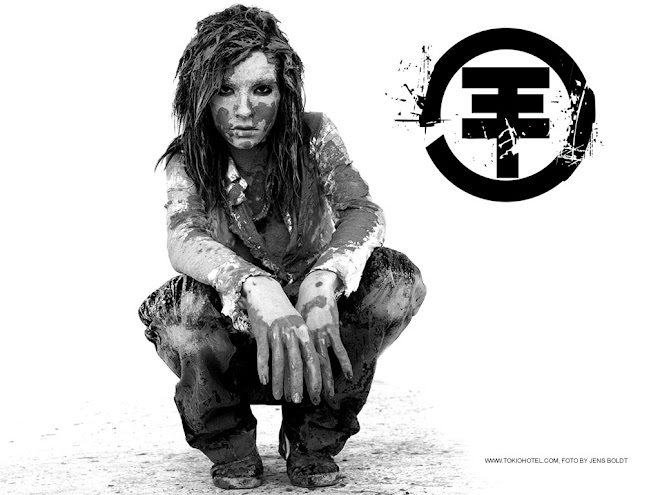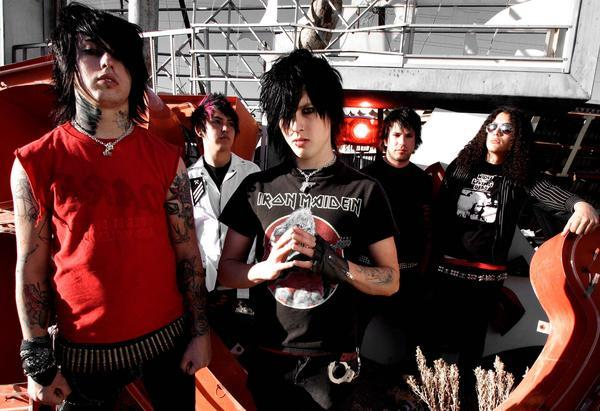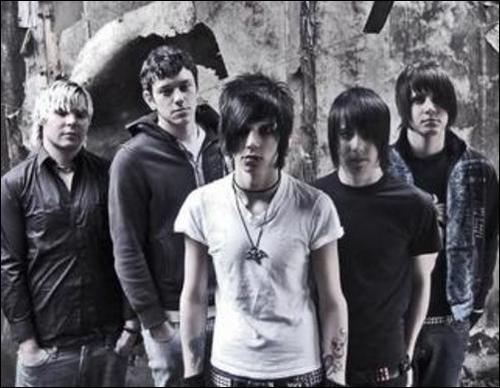Obama tried to quell the furor Saturday, explaining his remarks while also conceding he had chosen his words poorly.
"If I worded things in a way that made people offended, I deeply regret that," Obama said in an interview with the Winston-Salem (N.C.) Journal.
But the Clinton campaign fueled the controversy in every place and every way it could, hoping charges that Obama is elitist and arrogant will resonate with the swing voters the candidates are vying for not only in Pennsylvania, but in upcoming primaries in Indiana and North Carolina as well.Political insiders differed on whether Obama's comments, which came to light Friday, would become a full-blown political disaster that could prompt party leaders to try to steer the nomination to Clinton even though Obama has more pledged delegates. Clinton supporters were eagerly hoping so.
They handed out "I'm not bitter" stickers in North Carolina, and held a conference call of Pennsylvania mayors to denounce the Illinois senator. In Indiana, Clinton did the work herself, telling plant workers in Indianapolis that Obama's comments were "elitist and out of touch."
At issue are comments he made privately at a fundraiser in San Francisco last Sunday. He was trying to explain his troubles winning over some working-class voters, saying they have become frustrated with economic conditions:
"It's not surprising, then, they get bitter, they cling to guns or religion or antipathy to people who aren't like them or anti-immigrant sentiment or anti-trade sentiment as a way to explain their frustrations."
The comments, posted Friday on The Huffington Post Web site, set off a blast of criticism from Clinton, Republican nominee-in-waiting John McCain and other GOP officials, and drew attention to a potential Obama weakness - the image some have that the Harvard-trained lawyer is arrogant and aloof.His campaign scrambled to defuse possible damage.
There has been a small "political flare-up because I said something that everybody knows is true, which is that there are a whole bunch of folks in small towns in Pennsylvania, in towns right here in Indiana, in my hometown in Illinois, who are bitter," Obama said Saturday morning at a town hall-style meeting at Ball State University in Muncie, Ind. "They are angry. They feel like they have been left behind. They feel like nobody is paying attention to what they're going through.
"So I said, well you know, when you're bitter you turn to what you can count on. So people, they vote about guns, or they take comfort from their faith and their family and their community. And they get mad about illegal immigrants who are coming over to this country."
After acknowledging his previous remarks in California could have been better phrased, he added:"The truth is that these traditions that are passed on from generation to generation, those are important. That's what sustains us. But what is absolutely true is that people don't feel like they are being listened to."
Clinton attacked Obama's remarks much more harshly Saturday than she had the night before, calling them "demeaning." Her aides feel Obama has given them a big opening, pulling the spotlight away from troublesome stories such as former President Clinton's recent revisiting of his wife's misstatements about an airport landing in Bosnia 10 years ago.Obama is trying to focus attention narrowly on his remarks, arguing there's no question that some working-class families are anxious and bitter. The Clinton campaign is parsing every word, focusing on what Obama said about religion, guns, immigration and trade.
Clinton hit all those themes in lengthy comments to manufacturing workers in Indianapolis.
"The people of faith I know don't 'cling' to religion because they're bitter. People embrace faith not because they are materially poor, but because they are spiritually rich," she said.
"I also disagree with Senator Obama's assertion that people in this country 'cling to guns' and have certain attitudes about immigration or trade simply out of frustration," Clinton added.
"People don't need a president who looks down on them," she said. "They need a president who stands up for them."
McCain's campaign piled on Obama, releasing a statement that also accused him of elitism.One of Clinton's staunchest supporters, Sen. Evan Bayh, D-Ind., acknowledged there was some truth in Obama's remarks. But he said Republicans would use them against him anyway.
At a campaign rally in Wilson, N.C., former state Democratic Party chairman and current Clinton adviser Tom Hendrickson said rural voters don't need "liberal elites" telling them what to believe.
Bill Clinton was the featured speaker of the rally but avoided commenting on Obama's remarks. When asked about it afterward, he said simply, "I agree with what Hillary said."
And now Hillary Clinton downs whiskey!
Democratic presidential hopeful Hillary Rodham Clinton is used to taking shots on the campaign trail. But on Saturday, she took a shot of a different sort while campaigning in Indiana.
The New York senator stopped at Bronko's restaurant in Crown Point and drank a glass of beer, along with a shot of Crown Royal whisky with Hammond, Ind., Mayor Tom McDermott and bar owner Nick Tarailo.
Indiana holds its Democratic primary election on May 6.
Little do we know,
the more whiskey she downs in one night, the more people that vote for her.
I know that isn't true. But it might as well be.
Because the election is screwed up enough already and we might as well make it interesting.
All three candidates should have play the tequila game.
And whoever downs the most in a minute wins the prize of being president!
It's probably how Bush won. Because that's how the do it in Texas.
McCain violates election laws
Democratic Party officials want a federal judge to order an investigation into whether Republican nominee-in-waiting Sen. John McCain violated election laws by withdrawing from public financing, saying federal regulators are too weak to act on their own.
A lawsuit against the Federal Election Commission, to be filed Monday in U.S. District Court, questions the agency's ability to enforce the law and review McCain's decision to opt out of the system. The Republican presidential candidate, who had been entitled to $5.8 million (3.66 million) in federal funds for the primary campaign, decided earlier this year to give up that money so he could avoid strict spending limits between now and the Republican Party's national convention in September.
During a conference call with reporters Sunday, DNC officials said the FEC is unable to act because four of its six seats are vacant. They want a judge to either order the FEC to begin an immediate review, or allow the Democratic Party to file a lawsuit against McCain's campaign challenging his decision.
Tom McMahon, the party's executive director, said "there is a compelling public interest in determining whether Senator McCain agreed to participate in the matching funds program so he could get a loan for his campaign, then violated the terms of that agreement so he could ignore the spending cap and raise unlimited money from lobbyists and special interests."
The DNC is seeking civil fines or an order barring McCain from exceeding spending limits, said DNC general counsel Joe Sandler.
The Republican National Committee described the lawsuit as "total nonsense."
"It is now clear that the trial-lawyer Democrats' idea of campaigning for president is to hire lawyers and file frivolous lawsuits," said spokesman Alex Conant.
Democrats filed an initial complaint with the FEC in February, asking it to investigate. Under federal rules, the party typically must wait 120 days before filing a lawsuit. But party officials said they were taking action before the deadline given the FEC's weakened status. The FEC has 60 days to respond to the lawsuit.
"It has only been 49 days since the DNC's initial meritless complaint to the commission was filed, and thus we expect this lawsuit to be thrown out at the first opportunity," Conant said.
Part of the dispute centers on a $4 million (2.53 million) loan McCain obtained late last year. The loan was not directly secured by his potential access to public funds. But his agreement with the bank required him to reapply for public funds if he lost early primary contests and to use that money as collateral.
FEC Chairman David Mason has said McCain can only withdraw from public financing if he answers questions about the loan and gets the agency's permission. But the FEC has no quorum, in part due to disagreement between President George W. Bush and the Democratic-controlled Senate over possible nominees.
McCain's lawyer, former FEC Chairman Trevor Potter, has said McCain did not encumber any money he would have received from the federal treasury. McCain and Potter have said he was entitled to withdraw without FEC approval and have cited as examples Democrat Howard Dean - now the party chairman - who withdrew from public financing during the 2004 presidential primaries.
DNC officials have said Dean, unlike McCain, did not have a loan that raised questions about his use of potential public funds.



































No comments:
Post a Comment